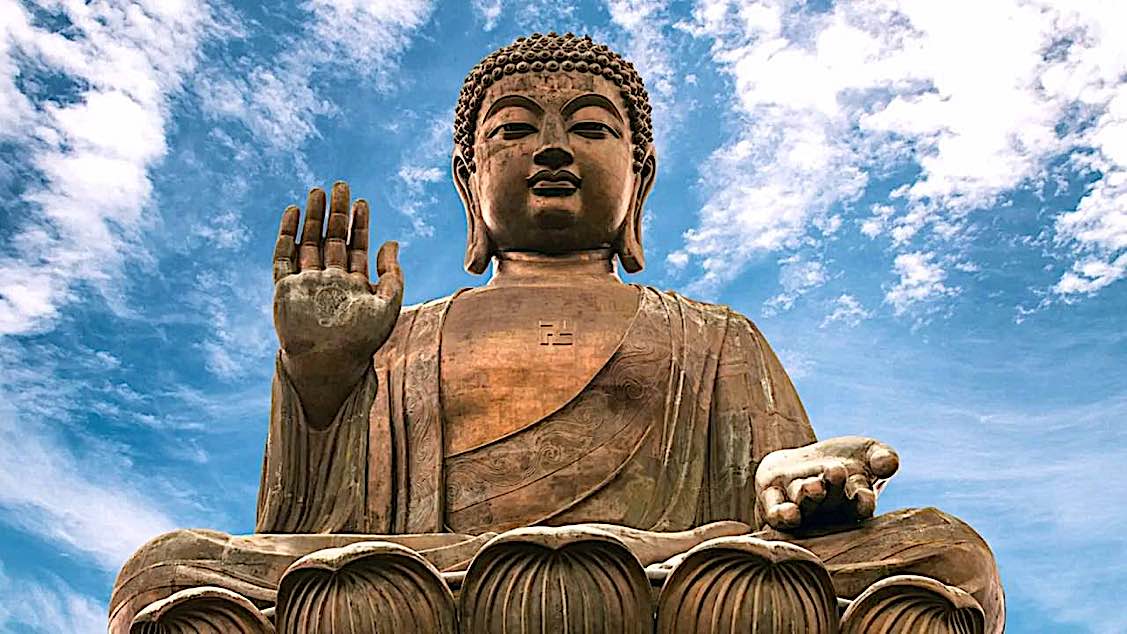- 91 Posts
- 8 Comments

 11·1 year ago
11·1 year agoYou’re welcome! 🙂

 01·1 year ago
01·1 year agoYou’re welcome. An irrational application of mind implies, scattered thoughts, a fault-finding nature, or a mind that works on assumptions/beliefs. There is another teaching where the Buddha shares the causes that lead to an irrational application of mind as well as antidotes to it: 30 mental qualities that lead to enlightenment, to the arising of the Buddha (AN 10.76).
It is good that you’re reflecting on the teachings to independently verify them. 🙂

 21·1 year ago
21·1 year agoYou’re welcome, glad to hear it was of help 😀

 11·1 year ago
11·1 year agowow, good job! The teachings have a lot of repetition to distinguish a subtle detail as they were orally transmitted for a few hundred years until being written down.

 11·1 year ago
11·1 year agoI read it as a warning on choosing who to associate with and who to avoid. Here’s another teaching that frames it in positive: https://lemmy.world/post/10788878. The Buddha often taught in both ways to ensure his teachings were well-understood.
There is an openness to interpretation of this being judgemental with the very vivid simile, but when you see the Buddha’s teachings as a whole, the interpretation that applies here is one of cultivating discernment on who to associate with. There is a subtle but important distinction between the two: discernment is you cultivating wisdom about the world, of the good and the bad without creating ill-will or judging others. You can see this being true when you also read: https://suttacentral.net/mn21/en/sujato, where he recommends maintaining a mind of love even if somebody were to sever you limb by limb with a saw. The Buddha uses these very vivid similes to convey how to apply the teachings.
On the association aspect, it’s a very crucial aspect as it is the single external force that enables one to either cultivate and grow in spiritualities or leads to decline in their qualities. And this isn’t as well understood.

 21·1 year ago
21·1 year agoThey would be in the third category: If a person is exhibiting good ethics, they are worth accompanying and attending. As just by association with them, one gets a good reputation.
There is another teaching where the Buddha shares about a person who has higher ethics, immersion (concentration) and wisdom, one should associate and attend to such a person with honor, as this association will lead one to cultivate the same qualities.

 11·1 year ago
11·1 year agoThanks, these are not bad
This is an interesting frame, and spot about the value of mindfulness and daily practice to see these more clearly. I would also consider the aspect of the neither-painful-nor-pleasant feelings, which per the Buddha are associated with the abiding of the fourth jhāna and which one cannot experience and thus have an opportunity to gain wisdom about until the mind keeps cycling through pain resistance and pleasure seeking behavior